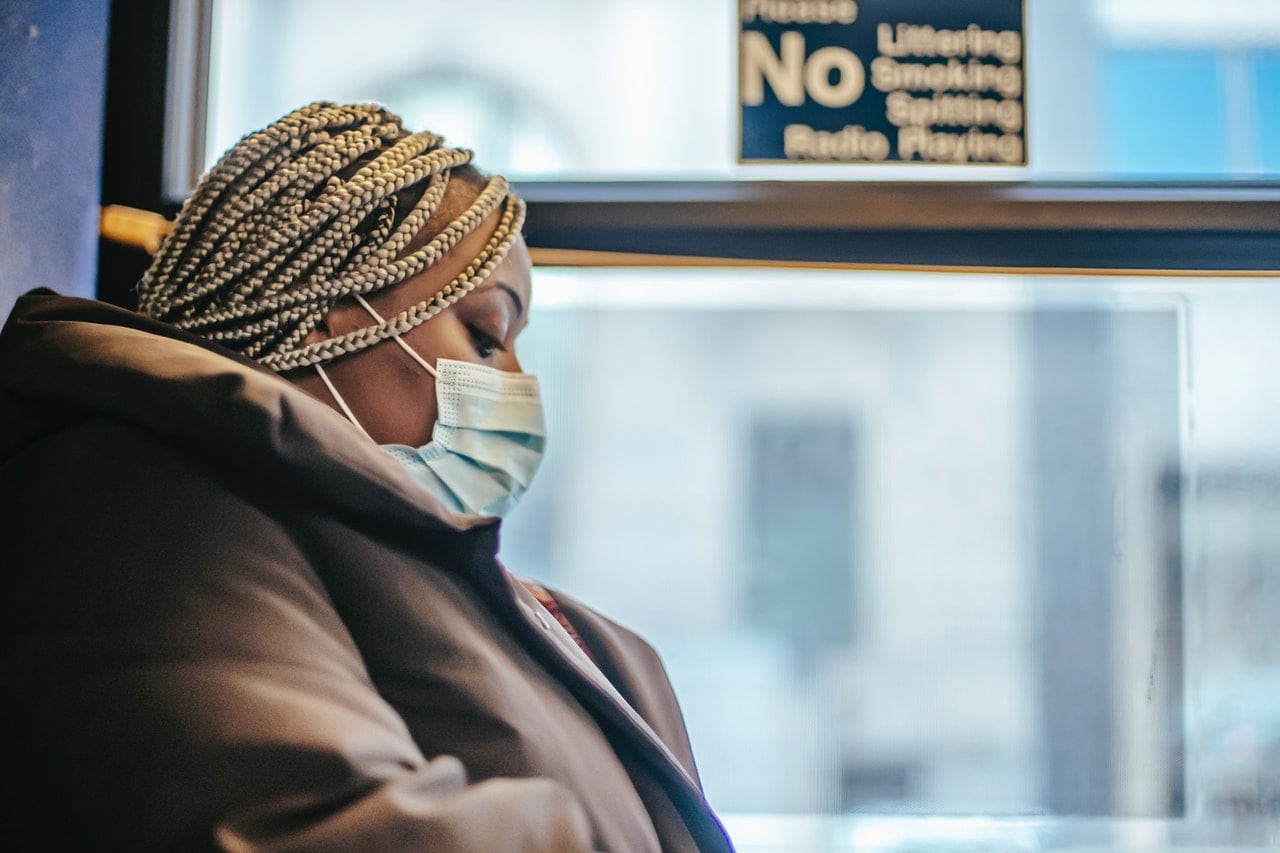For many people seeking to get sober, recovery can be fragile in the first weeks and months. While Medicaid often pays for inpatient treatment for indigent people, the logistics surrounding getting to and from a facility may be muddied. The same can be true for outpatient treatment. For this reason, New York is considering new transportation that focuses on getting treatment patients to and from their programs safely.
Why Would Transportation Help People Stay Sober?
When a person first gets sober, recovery can feel daunting. Programs recommend staying away from people, places, and things that remind an addicted person of using their drug of choice. However, those triggers are impossible to avoid or ignore for many people. New York especially has many “hot spots” known for drug addiction. Taking the bus or other transport may mean going straight through a neighborhood known for drug use.
People with substance use disorder may struggle with simply taking a bus past tempting people, places, and things. While staying sober is a priority when a person with substance use disorder begins their recovery journey, it may feel hard, at times, to avoid a world full of triggers.
The program will help people with opioid use disorder, substance use disorder, gambling addiction, and other addictions.
How Will Transportation To Programs Work?
The new program would have transportation for people going to therapy and inpatient and outpatient treatment. This relief will save people money and help them avoid the temptation of hopping off the bus to a place where they may relapse.
Transportation for people who live in rural areas of New York would also improve access to other resources. For many people in rural communities, transportation is a significant barrier to going to a rehab program.
“Our state and, indeed, our nation are still fighting a huge addiction epidemic, whether it be opioids, alcohol or gambling, so to provide an easier method of access to those afflicted is a good feeling,” Republican Assemblyman John Lemondes says of the bill. “It’s a multi-faceted challenge that we legislators continue to navigate, and while this bill doesn’t solve every problem, I believe it offers some relief to those who need it most. It’s the passage of bills like these that make me glad to be a representative and fight for the people.”



Leave A Comment